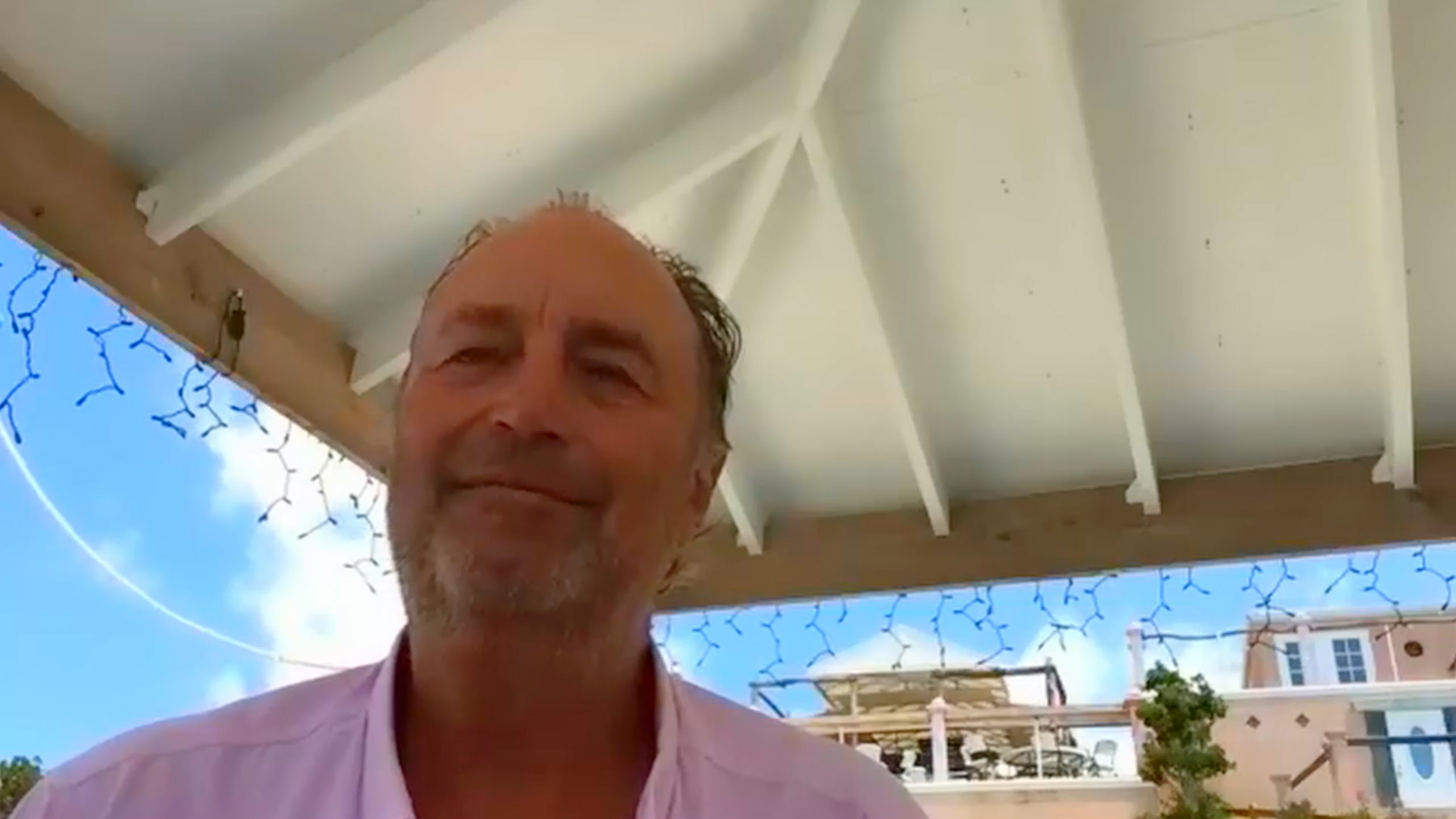
Naked Wines: Lifetime Value
Founder and Former CEO at Naked Wines
inpractise.com/articles/naked-wines-lifetime-value
Why is this interview interesting?
- The virtuous feedback loop in Naked Wine’s business
- How Naked retain customers
Interview Transcript
Moving on to look at lifetime value, links to vouchers, promotions and marketing. How do you think about lifetime value, more broadly?
First of all, the founding philosophy of the business was, we wanted to build this virtuous circle, where the relationship between what it costs to acquire a customer and what the customer is worth, was more than four. What that meant was, we were not having to spend a lot of money on marketing, which meant we didn’t need to overcharge our customers for wines, to fund that marketing, which meant that customers would stick around. A virtuous circle.
To do the corollary of that is, we had to have customers who are going to stick around for a long time. So we built the business, from the beginning, on the assumption that there would be high LTV customers. Then we set out to acquire them. In doing that, we had to figure out how we made them into high LTV customers. Part of it is how you acquire them. But part of it is how you treat them afterwards. We’ve talked a bit about the acquisition side and how using hard sell brings in big numbers of customers, but not good LTV.
The same thing applies to ongoing customer relationship management. One of the first things we found was, we had to bribe our call center staff to refund customers. We have an unconditional money back guarantee. But if someone in a call center felt that customers were taking the piss, they’d start being protective of the company’s interest and start saying, I don’t think we should be refunding you. We eventually turned that round, in a few ways. One of them was, we stopped measuring, by call center agent, what refunds you are giving or how long it took to do a call, or how many calls per hour and all of that stuff. We only measure five-star feedback.
The second thing was, we started saying to people, it’s not a case of minimizing the refunds to customers, it’s a case of maximizing customer LTV. If you can spend £5, to add £50 to a customer’s lifetime, that’s a really good deal. Think about this in terms of investment and expense. We set up something, which we call giraffing and it was an idea that came from Airbnb. There was a story, in Airbnb, where a customer had left the home, locked up their kid’s baby giraffe in the house and they phoned and spoke to a call center agent, who took it upon themselves to go round to the house, get in, get the giraffe, drive to the airport and get it back to the family before they’d even got on the plane. We use that as a story, inside the company. That expense has made that person into an Airbnb customer for life. Don’t think of it as an expense; think about it as investment and how can you do the same thing.
There’s been some absolutely fantastic examples of people going out of their way, to help a customer and it’s come back to us, multiple times. Not just because customer’s lifetimes reflect that, but because they tell everybody. Very often, people will say to us, I became a customer because my friend told me he once had a bad delivery and this is how you resolved it.
That also helps when you’ve got the cashflow there, from the angels, to do that, to begin with?
Absolutely, which comes back to good business design, in the first place.
Related Content
Copyright Notice
This document may not be reproduced, distributed, or transmitted in any form or by any means including resale of any part, unauthorised distribution to a third party or other electronic methods, without the prior written permission of IP 1 Ltd.
IP 1 Ltd, trading as In Practise (herein referred to as "IP") is a company registered in England and Wales and is not a registered investment advisor or broker-dealer, and is not licensed nor qualified to provide investment advice.
In Practise reserves all copyright, intellectual and other property rights in the Content. The information published in this transcript (“Content”) is for information purposes only and should not be used as the sole basis for making any investment decision. Information provided by IP is to be used as an educational tool and nothing in this Content shall be construed as an offer, recommendation or solicitation regarding any financial product, service or management of investments or securities.
© 2025 IP 1 Ltd. All rights reserved.


